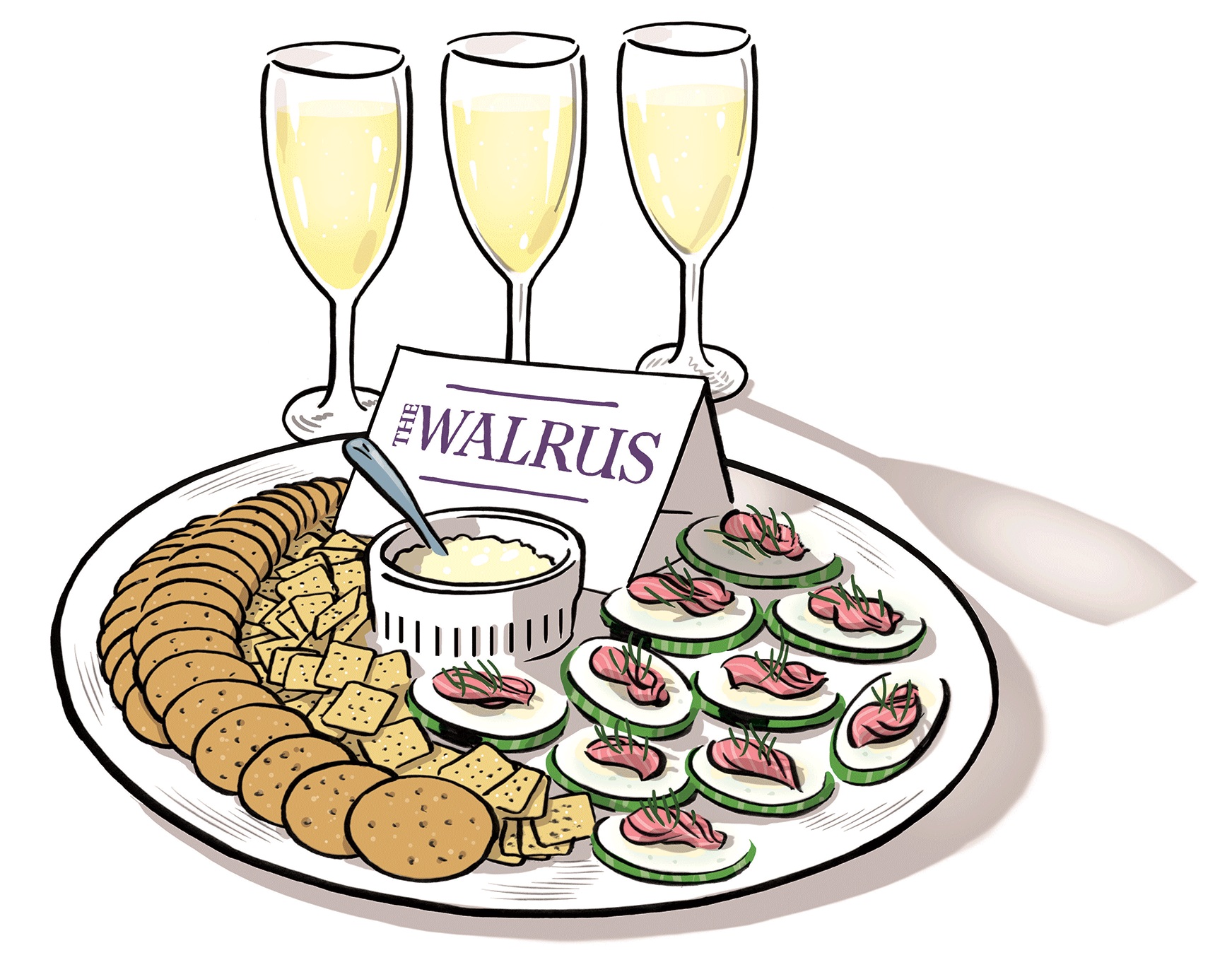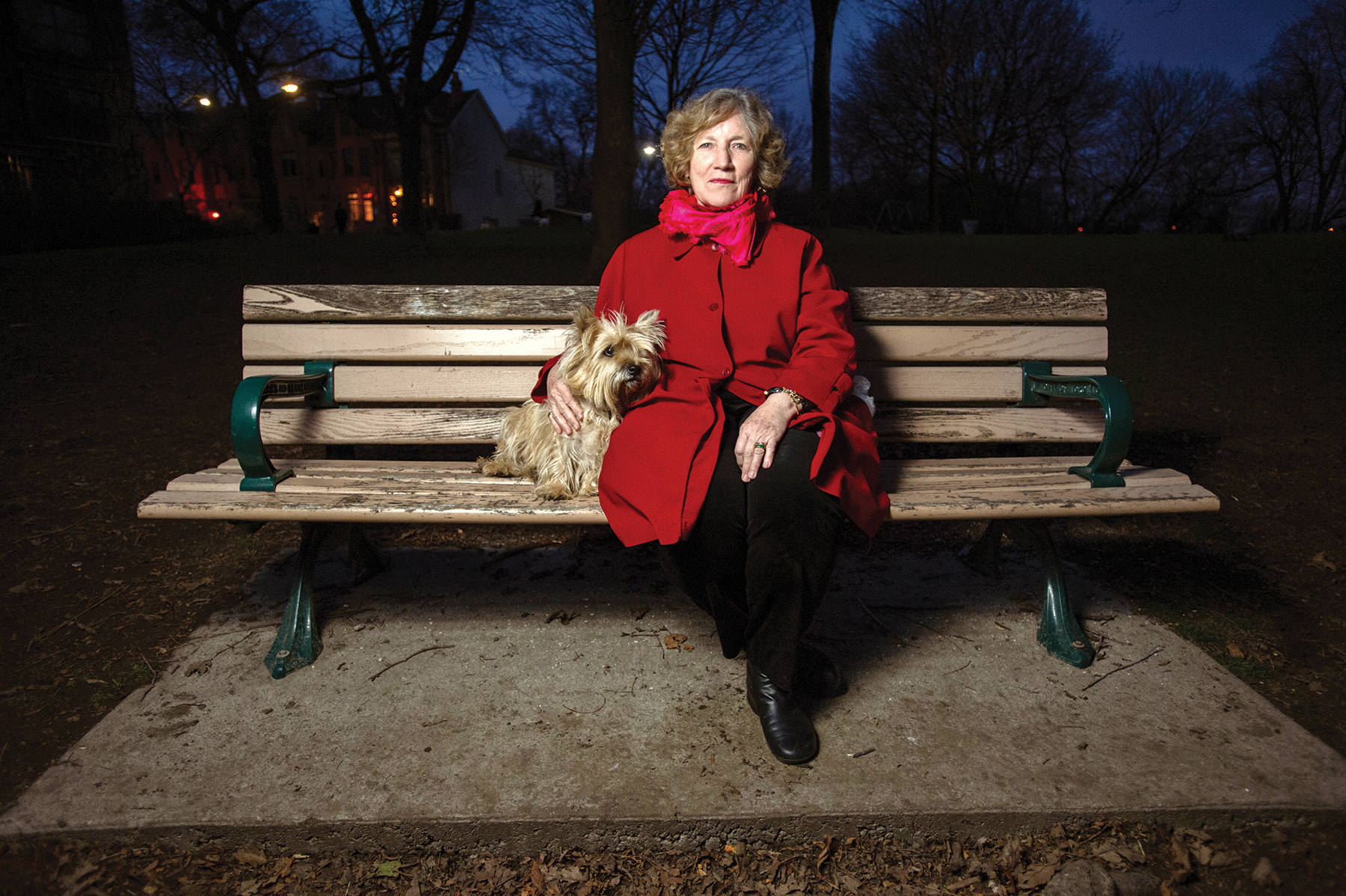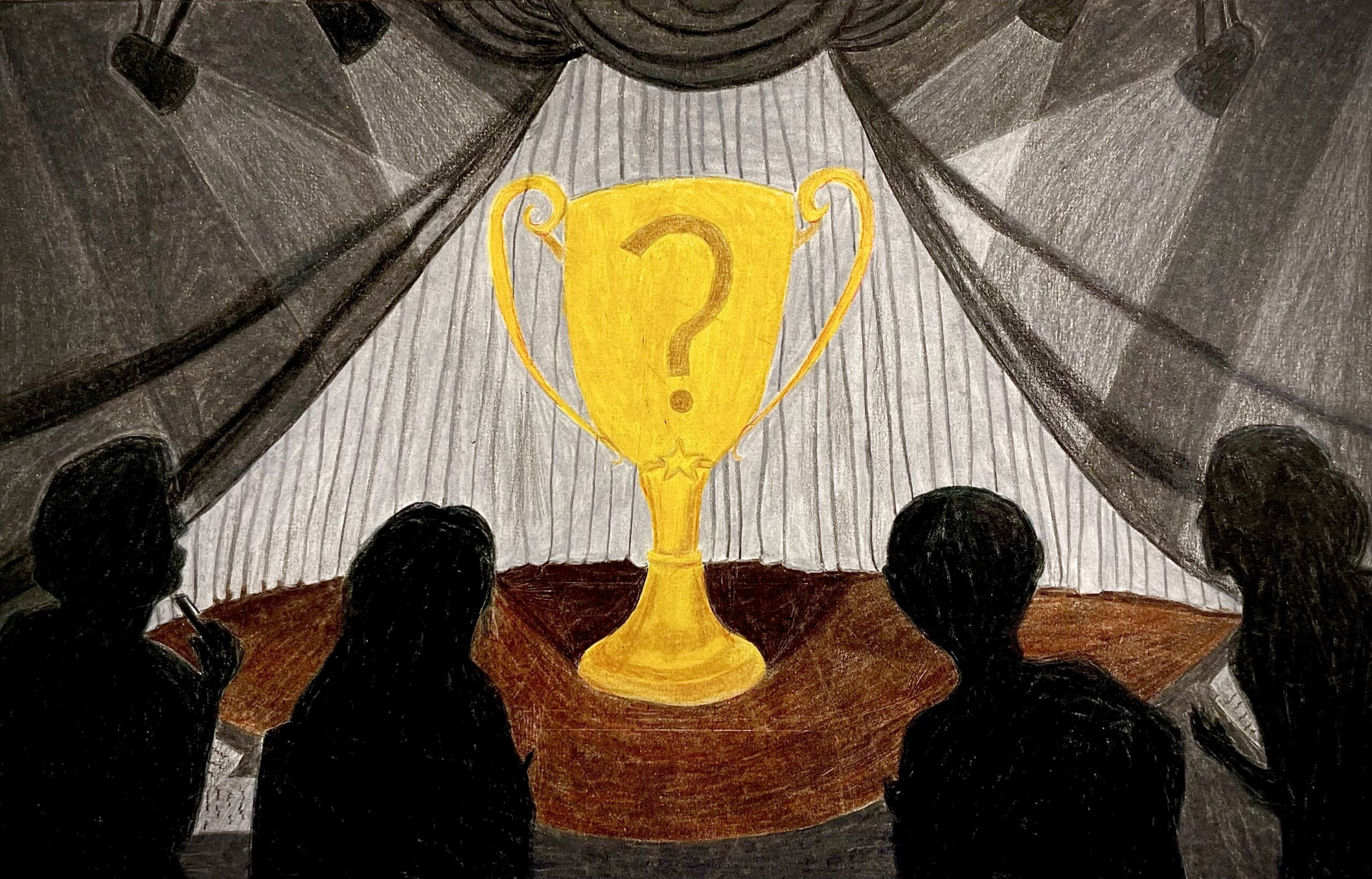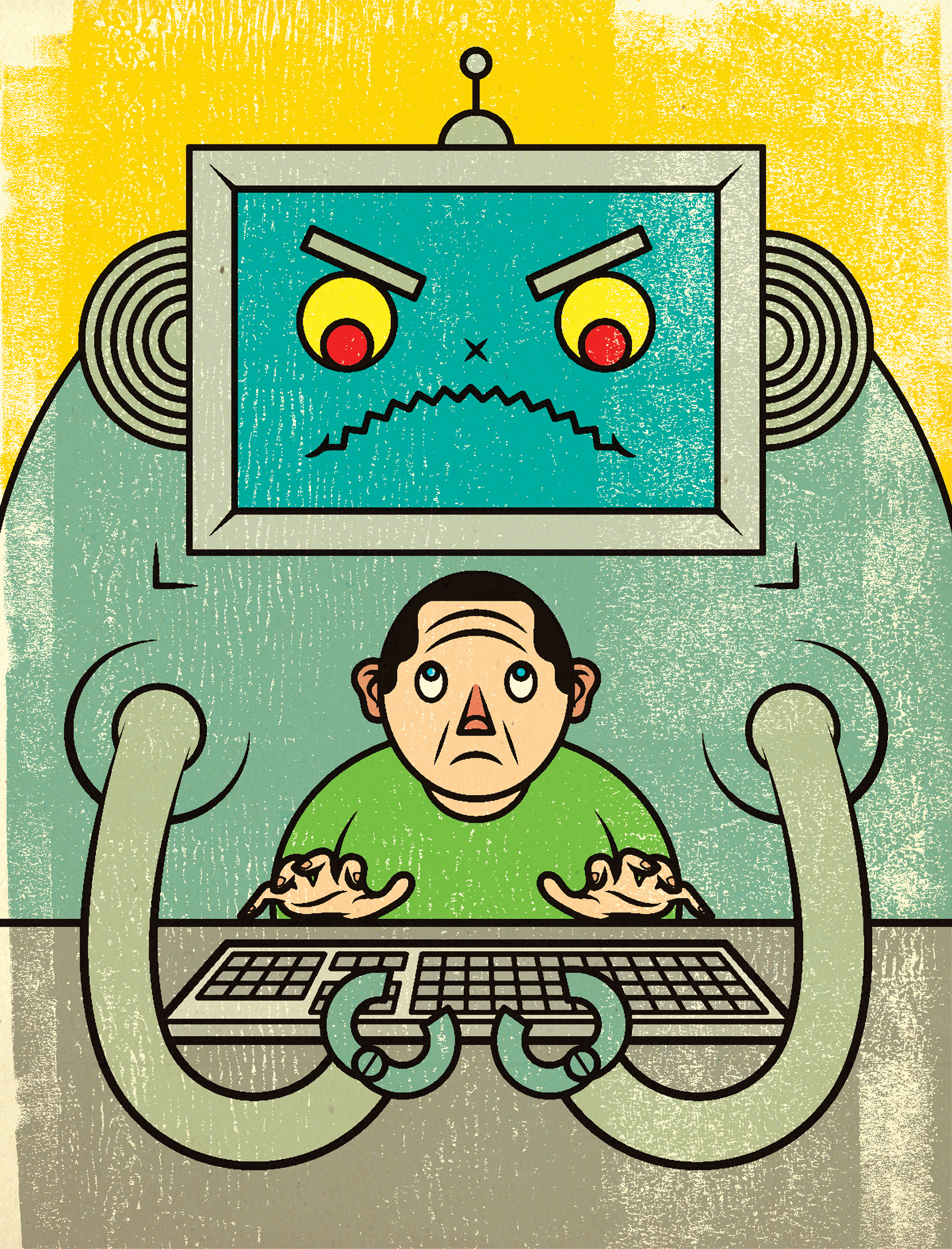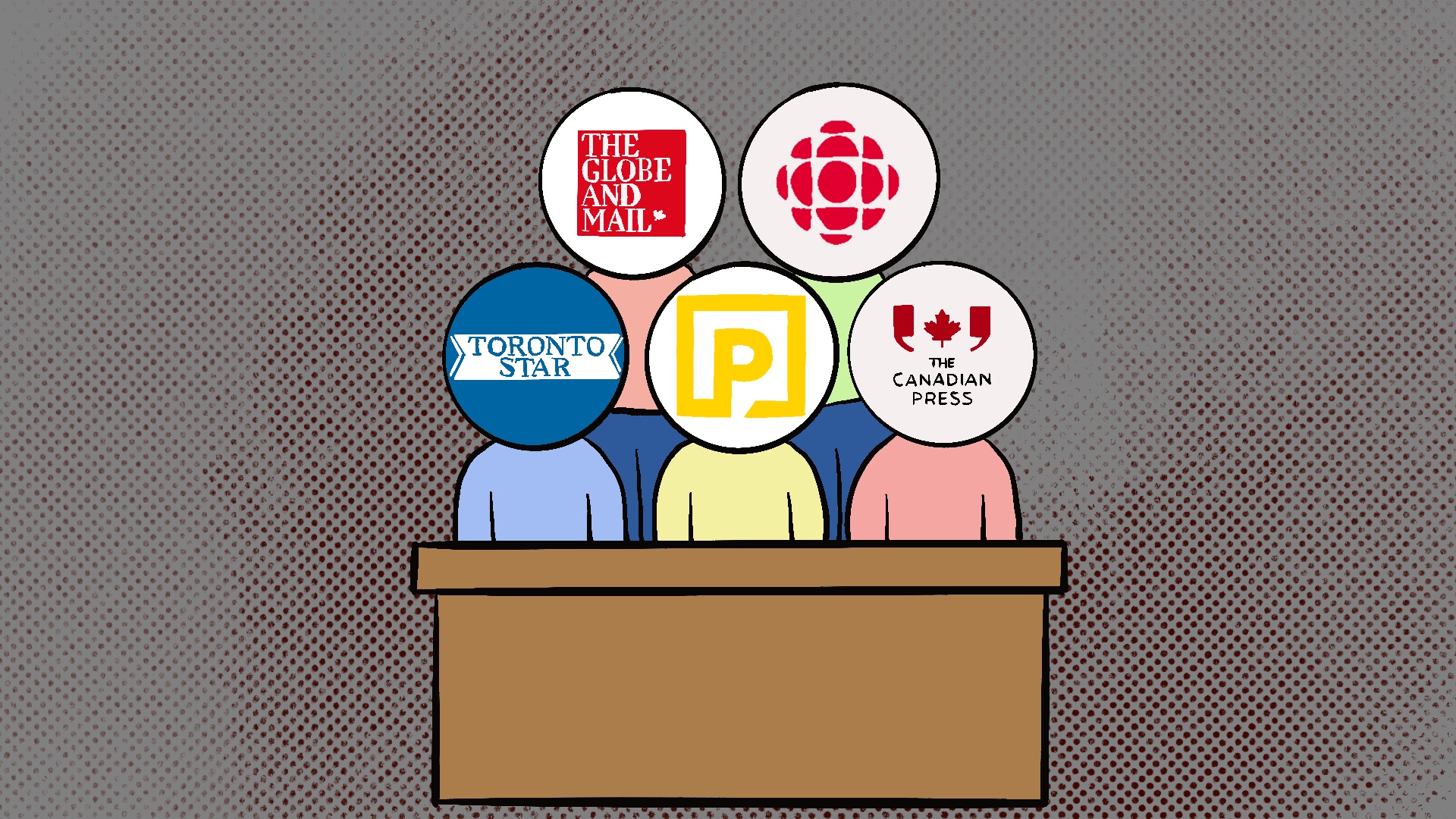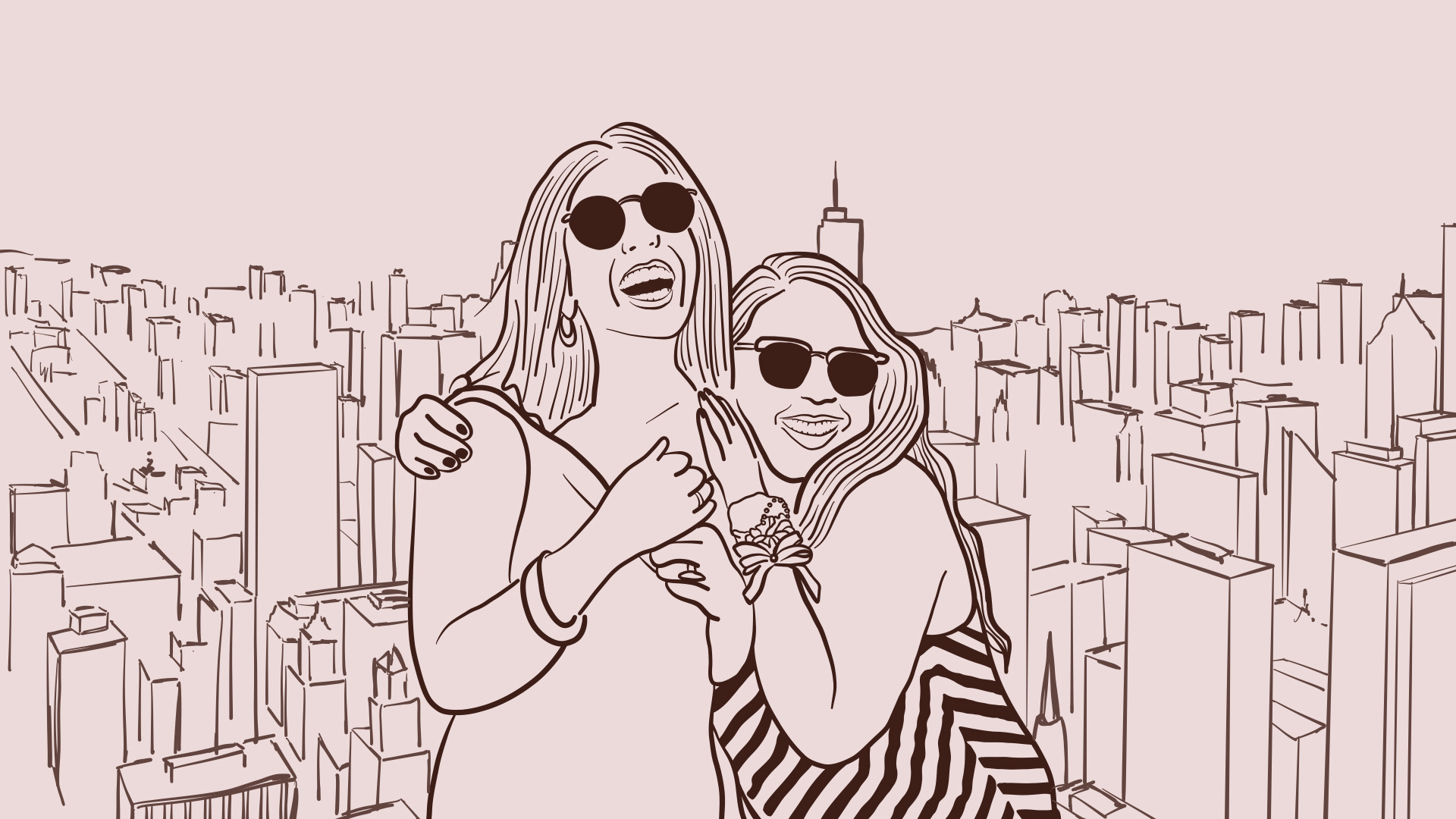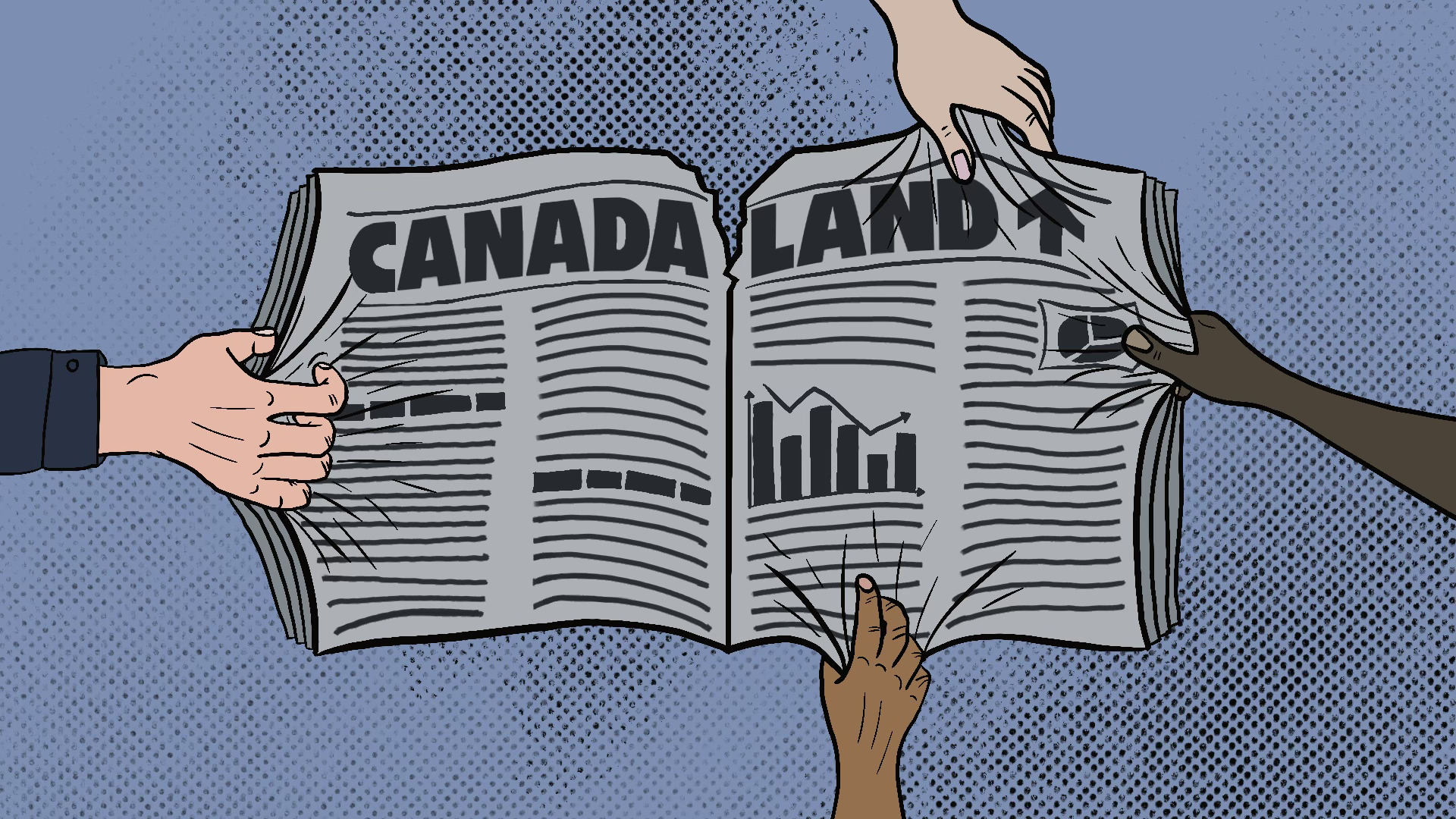How to Survive a Publishing Apocalypse
The evening begins in a cheery reception room. Lined with appetizers and sparkling wine, and framed by tall ceilings, it seems much too formal and well-orchestrated for a magazine event. It’s December 2, 2024, and the Rotman School of Management at the University of Toronto is welcoming attendees to The Walrus Talks, a national event series hosted by The Walrus.
